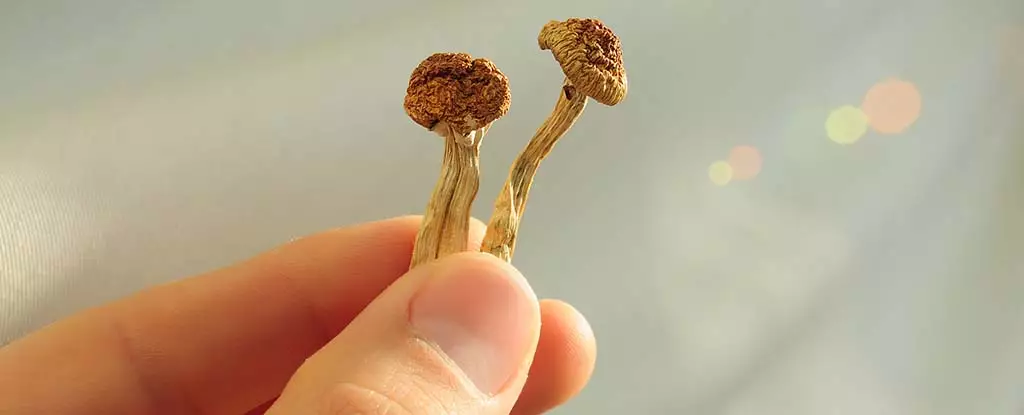Recent research conducted at the Washington University School of Medicine in St. Louis has shed light on the effects of psilocybin, the active ingredient in magic mushrooms, on the brain. The study focused on the disruption of functional brain networks during and after ingesting psilocybin, suggesting potential therapeutic benefits for mental health conditions.
Novelty and Rigour
The study stands out for its rigorous methodology and high-quality research design. Conducting fMRI scans on participants before, during, and after psilocybin ingestion is a time-intensive and costly process. Moreover, employing an “active control” to compare results adds credibility to the study’s findings. The observed changes in brain connectivity post-psilocybin experience hold promise for understanding the neuroplastic and therapeutic effects of the substance.
Despite the positive aspects of the study, there are significant limitations that must be addressed. The sample size, consisting of only seven healthy participants, raises concerns about the generalizability of the findings to a broader population, especially patients who could benefit from psilocybin-assisted therapy. Additionally, the lack of information on participants’ prior experiences with psychedelics introduces selection bias, impacting the validity of the results.
Blindness and Placebo Effects
An issue with the study’s methodology is the inability to maintain a double-blind procedure due to the psychoactive effects of psilocybin. This opens the door to placebo effects, influencing participants’ beliefs and expectations about the substance’s effects. Consequently, the observed brain activity changes may not be solely attributed to psilocybin but also to psychological factors.
The presence of conflicts of interest among the study’s authors, particularly related to the commercialization of neurotechnologies used, raises questions about the objectivity of the research. Transparency regarding potential biases and the mitigation of these conflicts is crucial for maintaining the study’s credibility.
While the study provides valuable insights into brain connectivity changes induced by psilocybin, it lacks subjective self-reported data to complement the neuroimaging results. Understanding the subjective experience of participants is essential for interpreting the implications of altered brain patterns on individuals’ well-being and daily functioning.
To fully grasp the effects of psilocybin on the brain and mental health, future research should integrate subjective experiential data with objective neuroimaging findings. Bridging this gap will enable a comprehensive understanding of how psilocybin influences individual experiences and outcomes. While the current study offers valuable insights, caution must be exercised when extrapolating the findings to clinical applications for patients in need of alternative therapies.


Leave a Reply